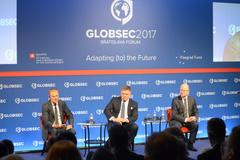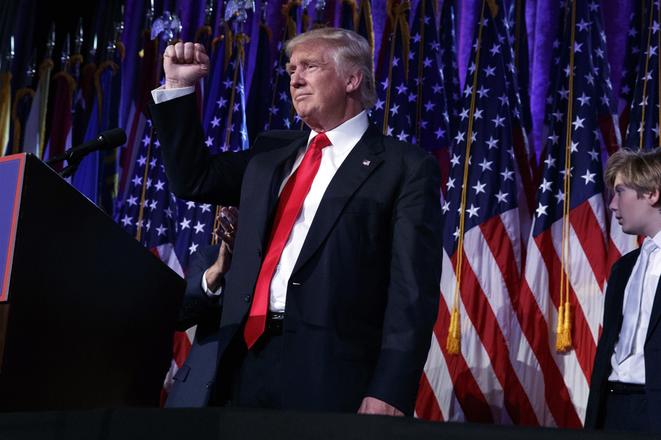Daniel Milo is the head of the programme of Strategic Communication at GLOBSEC
When former long-time FBI head and special investigator of the US Justice Department, Robert Muller, started investigating the possible influencing of the outcome of the 2016 US presidential election by Russia, hardly anyone could guess what far-reaching impacts it would have, not only for the political reality in the USA but also for the entire world. This investigation is the most complex and intense effort so far to document and investigate an attempt to influence elections in one of the oldest democracies worldwide – the USA.

As the investigation gained momentum, more and more interesting facts surfaced. We learned that Russia created an elaborate system to undermine democratic processes which consists of a combination of paid posters (trolls), automated accounts on social networks (bots) and agencies ordering political advertisement in foreign countries through false accounts (in the form of Internet Research Agency). Currently, these are vague suspicions but we know precisely how many ads were ordered through the Internet Research Agency. We also know how many people were affected by this and which people were in contact with representatives of the Russian Federation during the US election before Donald Trump took office.
Two Russian digital bears and their traces
However, what makes Russia's interference in the election very effective and dangerous is their use of hacking attacks. We have learned that the cyber-attack on Hillary Clinton’s campaign used the same tools and methods typical for two notorious Russian hackers’ groups: APT28 and APT29, also called Fancy Bear and Cozy Bear.


 Donald Trump (source: AP/SITA)
Donald Trump (source: AP/SITA)